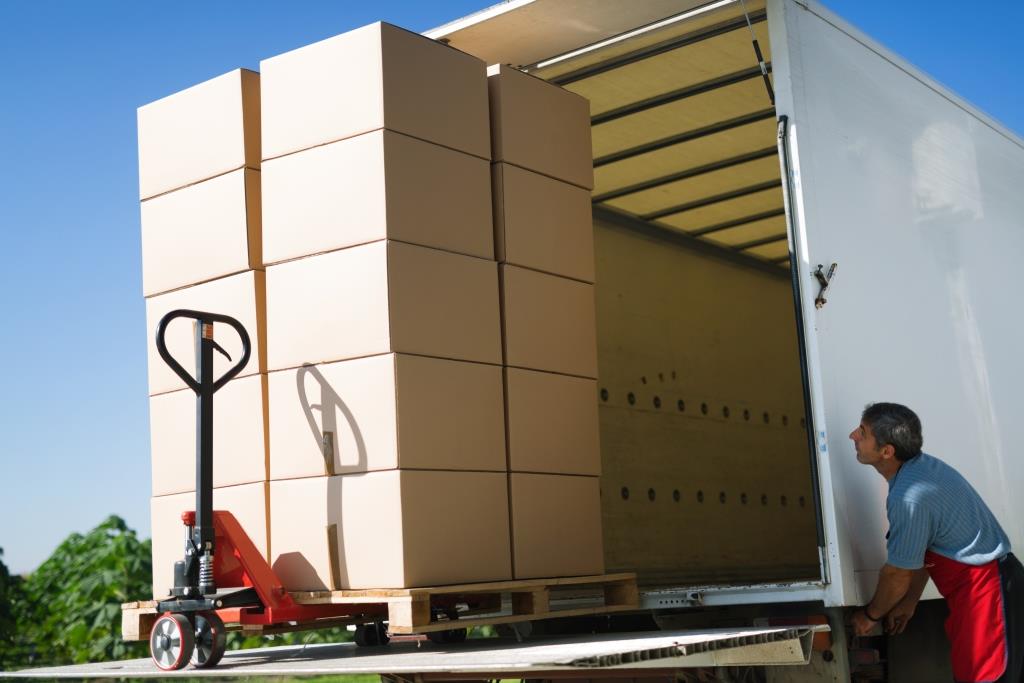
What is personal import?
According to the Free Import Order, an import is considered personal import if it has been proven, to the satisfaction of the Tax Authority’s Director General or Deputy Director General, that the goods are imported not through a dealer, not for supply, production or provision of services, and at a reasonable quantity for the individual’s personal or family use (see article 2(c)1 of the Free Import Order, 2014).
Must I meet import requirements in personal import?
In personal import, a person may import the goods specified in Schedule 1 without furnishing a license, and the goods specified in Schedule 2 without presenting a license, furnishing an approval or meeting terms, except for goods which are prohibited for import pursuant the Customs Tariff Order, and goods for which Schedules 1 and 2 stipulate “including in personal import” (like gas grills, judaica items, toy weapons, bow and arrow), and except for traffic products for vehicles specified in the Traffic Products Order.
More related articles...


Israel Economic Snapshot
Economic Forecast Summary (December 2021) Economic activity rebounded strongly in 2021 and GDP is projected to grow robustly by 6.3% in 2021, 4.9% in 2022 and 4% in 2023.


The Drivers of Supply Chain Resilience
The pandemic has shown the vitality of supply chain resilience. Dr Yueh explains what trends should be considered going forward in building back supply chains


Making trade work for all
In the wake of uncertainty and tensions in the trading system today, alongside heightened public concerns about globalisation, open trade is under threat.


Where do my things come from? How trade works today
When we think about international trade, we traditionally think about a person or company producing all elements of a product in their home country and


Why open markets matter
People trade and governments open markets because it is in their interest to do so. Trade and market openness has historically gone hand-in-hand with better























